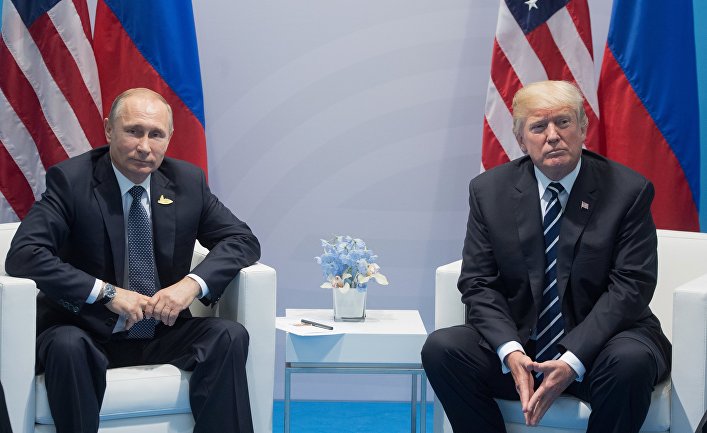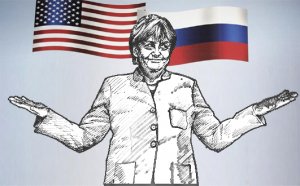
 Events in civil war-torn Syria have demonstrated the lamentable inability of Russia and the West to agree on a mechanism to overcome the crisis. The only consolation is that it has made leading powers think about how to structure dialogue and where the fine line lies that separates fundamental contradictions from pragmatic policy.
Events in civil war-torn Syria have demonstrated the lamentable inability of Russia and the West to agree on a mechanism to overcome the crisis. The only consolation is that it has made leading powers think about how to structure dialogue and where the fine line lies that separates fundamental contradictions from pragmatic policy.On one hand, the recent talks in London between the Russian and British defence and foreign ministers can formally be described as a failure. Not even a hint of a compromise was achieved on the prospects for a settlement in Syria. And yet the two countries stressed the need to continue strategic dialogue. The ministers were at pains to emphasise what united Moscow and London, playing down the issues on which they failed to agree.
Geopolitical competition is being replaced with the awareness that there are enough areas in which Britain and the US could interact with Russia to mutual benefit. But for this to happen, all sides have to move away from exchanging "pinpricks” under various pretexts and start "gathering stones” to build a new centre for managing international processes, along with the UN mechanism.
I would guess that the publication of the names of Russians on the Magnitsky list, scheduled by the US Congress for April, will not provoke such a negative reaction from Moscow as one might have expected only a few months ago. Granted, a tit-for-tat response, publishing a list of US officials banned from entering Russia, cannot be avoided, if only as an obligatory diplomatic formality.
Whatever the cause of the UK court’s decision to postpone the Litvinenko inquest for several months, it is clear that this gave Moscow and London the breathing space to restore bilateral relations. These relations had been greatly weakened in recent years, when foreign policy dialogue was reduced to a minimum. Not the least of the reasons for this was the Litvinenko case, inherited from the previous British government.
Attempts to resolve international problems without Moscow are doomed to produce more Syrias. The UN Security Council has been unable to adopt a consensus decision due to objections put forward by Russia and China. In Britain and France, demands are growing for unilateral supplies of arms to the Syrian rebels, bypassing existing Security Council resolutions and the EU’s embargo on this kind of operation. But supplying weapons to Assad’s opponents will amount to a death knell for international institutions, demonstrating their inefficiency in crises. That would speed up the global arms race, prompting non-aligned states to think about developing nuclear weapons as their best defence.
Differences over Syria or missile defence will not go away soon, but more discussion of these issues should take place behind the scenes. There are many areas where Moscow and the West agree more closely, and it would be beneficial if they were made public.



_jpg/250px-ElbeDay1945_(NARA_ww2-121).jpg)









